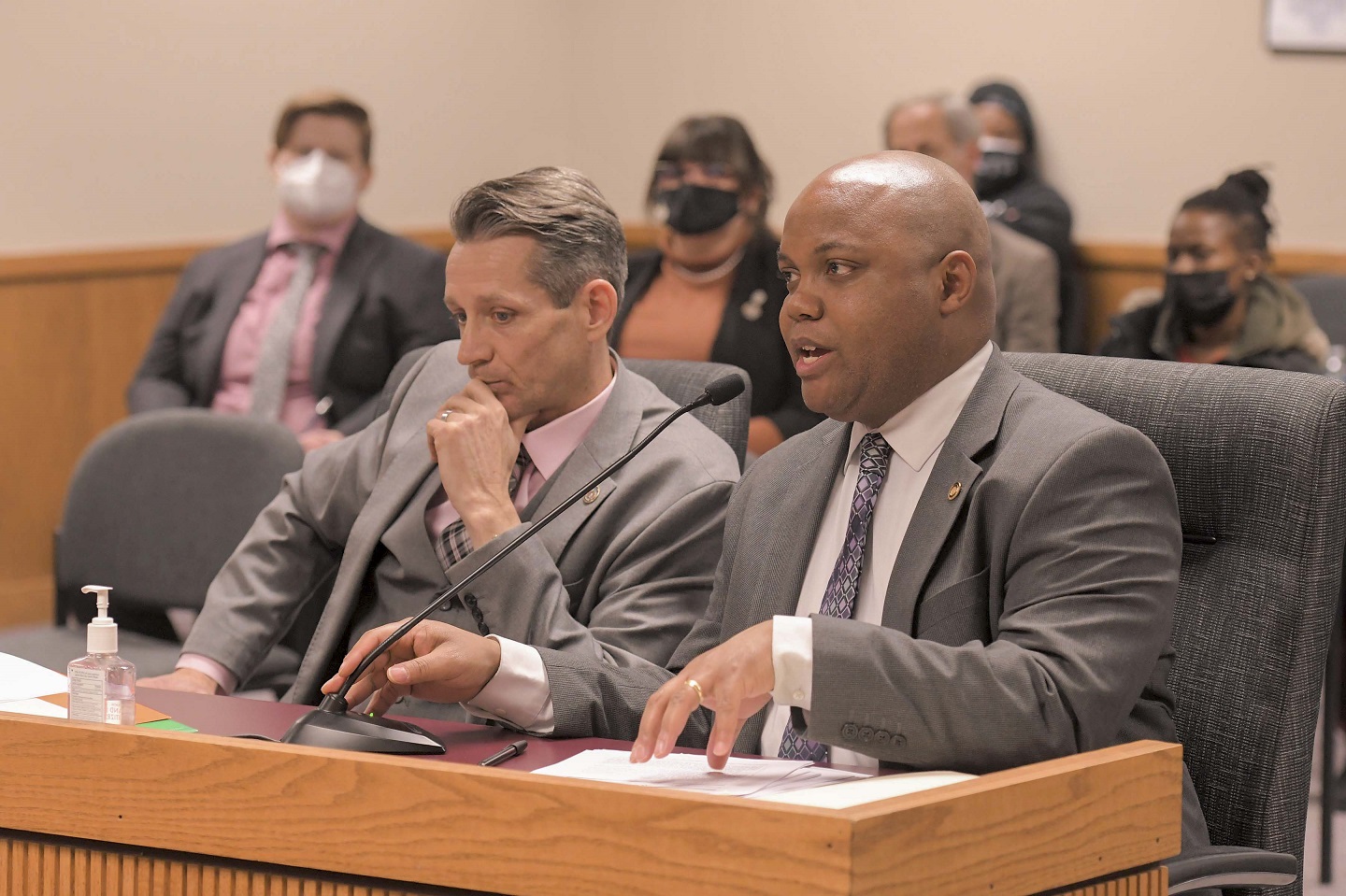Anyone exonerated of a crime in Missouri would be eligible for restitution under a plan that has been advanced by a House committee.

Missouri law allows anyone freed from prison based on DNA evidence to receive restitution. House Bills 2412 and 2474 would allow those exonerated by any other proof to receive up to $100 a day, up to $36,500 per fiscal year.
The bills are sponsored by Representatives Shamed Dogan (R-Ballwin) and Ron Hicks (R-Defiance).
“The bottom line to legislation like this is correcting what we’ve done wrong. As a society, we put people away. We’ve incarcerated them for years … and then we release them with nothing,” said Hicks. “We’re not returning them to the way they were when we incarcerated them. We’re not making them whole again … and when I mean ‘whole again,’ that’s vaguely used because you’ll never make someone whole again once you’ve taken their life away from them and then you hand it back.”
Missouri’s restitution statute drew attention following the release late last year of Kevin Strickland, who spent 42 years in prison for a crime of which he was cleared but not by DNA evidence.
Many members expressed support for the proposal, but brought up things they’d like to see added.
Kansas City Democrat Ashley Aune said she wants to see an addition to the bill to ensure exonerees are provided with assistance upon release, in areas like housing and healthcare.
“There’s a program now for someone that is released and has committed a crime,” Hicks noted.
“Exactly,” Aune agreed. “Missouri cannot be a state that treats its parolees better than its exonerees. It cannot.”
Columbia representative David Smith (D) was the only vote against the bill. He opposed it because it would prohibit exonerees from taking the state to court if they receive restitution under this plan.
Smith suggested allowing exonerees to sue the state and subtracting any resulting settlement from the amount they receive in restitution.
Supporters of the bill include the Missouri Chapter of the NAACP, whose president, Nimrod Chapel, enthusiastically said the bill, “may not be perfect, but it is a damn site better than where we have been.”
Another organization offering support is the Missouri Association of Prosecuting Attorneys. Cole County prosecutor Locke Thompson said, “As prosecutors we work with people daily, usually victims of crimes, trying to make them whole after they’ve been victimized. It seems only right that when something as awful as a wrongful conviction happens and we have an actually innocent person in that we make amends to try and make those individuals whole as well.”
The bills, which have identical language, would also require that an exoneree automatically receive an order of expungement.
The committee voted 13-1 to send HB 2474 to another committee. From there it could go to the full House.